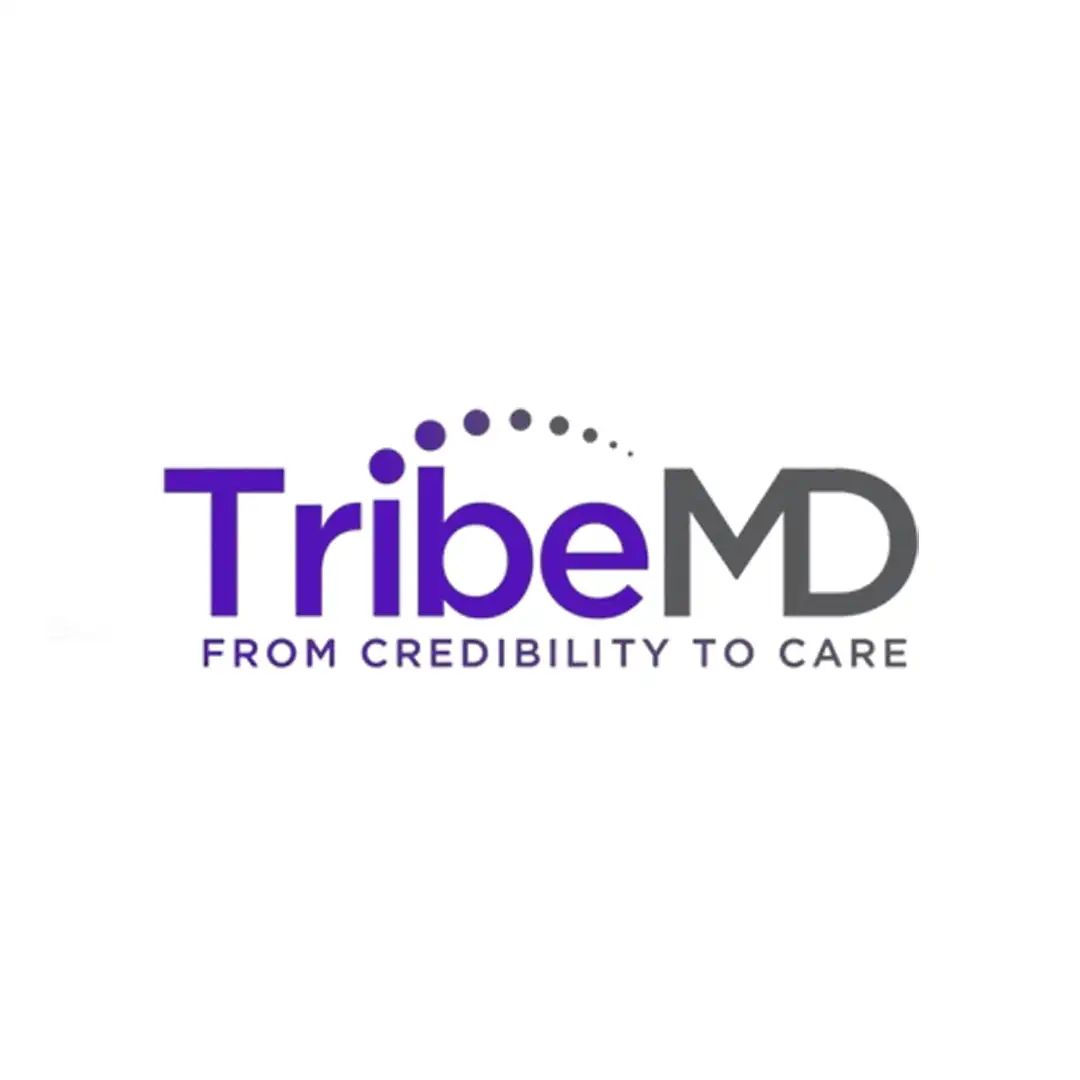
A new large-scale meta-analysis by the Early Breast Cancer Trialists’ Collaborative Group (EBCTCG), published in The Lancet (August 2025), evaluated the impact of extending adjuvant aromatase inhibitor therapy (AIT) in postmenopausal women with hormone receptor-positive (HR+) early breast cancer.
Key findings
- Population: 24,912 women from 15 randomized trials.
- Initial therapy: Among women treated with tamoxifen for the first 5 years, switching to AIT halved recurrence risk during the first 4 years after the switch (RR 0.60).
- Extended therapy: For women who started with AIT, continuing for 10 years instead of 5 reduced:
- Recurrence risk by ~26% (RR 0.74; p=0.0005).
- Distant recurrence by 25% (RR 0.75; p=0.0082).
- Mortality: No statistically significant reduction in breast cancer mortality yet (RR 0.92; p=0.55). However, based on recurrence reduction and prior evidence, an eventual ~18% reduction in breast cancer mortality is anticipated with longer follow-up.
Subgroups and absolute benefit
- Higher absolute benefit was seen in node-positive disease, particularly with ≥4 lymph nodes involved.
- Relative benefit was consistent across age, tumor size, and other features.
Safety and adherence
- Bone fractures: 4.6% with extended AIT vs 3.4% with control (RR 1.35; p=0.0009), absolute excess ~1.2%.
- Cardiovascular events and non-cancer mortality: No increase.
- Endometrial cancer: Very low, comparable between groups.
- Adherence challenges: Up to 39% discontinued extended AIT, 8% due to adverse effects. Symptom control strategies are essential.
Clinical implications
- Extending AIT significantly lowers recurrence risk, especially distant recurrence, and is particularly valuable in patients with high residual recurrence risk (e.g., node-positive disease).
- Toxicity is modest and manageable, mainly related to bone health.
- Clinical decision-making should balance baseline recurrence risk, comorbidities, prior tolerance, and likelihood of adherence.
- Despite advances with CDK4/6 inhibitors and other adjuvant therapies, extended AIT remains a cornerstone of long-term HR+ breast cancer management.
Editorial note: This content was developed with the support of artificial intelligence technologies to optimize writing and information structuring. All material was carefully reviewed, validated, and supplemented by human experts prior to publication, ensuring scientific accuracy and adherence to good editorial practices.
#BreastCancer #HormoneTherapy #AromataseInhibitors #Oncology #CancerResearch
Sources
- Early Breast Cancer Trialists’ Collaborative Group (EBCTCG). Aromatase inhibitors: 10 years versus 5 years of adjuvant treatment in postmenopausal women with HR-positive early breast cancer. Lancet. 2025 Aug; doi:10.1016/S0140-6736(25)01655-3.




